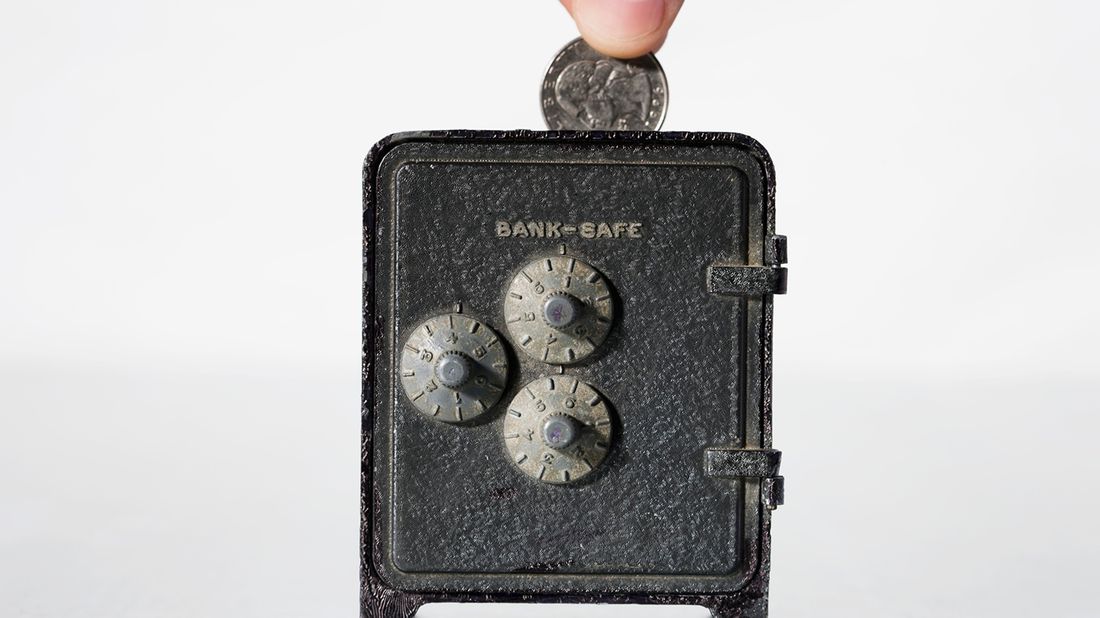
When it comes to where you should stash your money, people tend to fall into one of two camps: Those who are loyal to one bank and like to keep both their checking and savings there; and those who like to spread the wealth, so to speak, among several banks.
And then there are those who wonder whether it really matters. But how you organize your money can help you make the most of it. Below, we take a closer look at the pros and cons of keeping your bank accounts with a single bank versus multiple banks.
WHY YOU MIGHT STICK WITH ONE BANK
Remember when your mom or dad took you to the bank for the first time to open an account so you’d have a place to put all your birthday/holiday/graduation money? Chances are good you stuck with that bank until adulthood. And who can blame you? Keeping all of your accounts at a single bank just makes life simpler. It means that …
- You only need to visit or log onto one bank to view or access your money (no need to remember multiple account numbers, logins or passwords)
- If you get married or change your name for some other reason, you only have to update your info with one institution
- You can more easily transfer funds between accounts, compared with the several days it could take to transfer money between different banks
- You have a comprehensive snapshot of your checking and savings in one place
And let’s not forget that keeping all of your accounts at the same bank means that the institution has more of an incentive to develop a great relationship with you. They want to keep you (and your money) around, which can potentially translate into some extra perks, like reduced fees or better interest rates for savings (although ultimately this will depend on your bank).
Related Articles
WHY YOU MIGHT WANT TO USE SEVERAL BANKS
But while the one-bank-fits-all approach may be the simplest option, it may not be the best option as your financial situation and goals change. Here are a few reasons why having accounts at multiple banks could be the right move.
1. You could get a better interest rate.
Whether you’re saving for a specific goal, like a vacation or a new car, or just working on building your emergency savings, you probably want the best interest rate you can get to help grow your money. So it could pay to shop around and see what other banks are offering.
Although online-only banks tend to offer higher interest rates because they generally have less overhead than brick-and-mortar banks, it’s important to check how long it might take to transfer or withdraw a large sum of money from an online account. It could be a day or more, which can be an issue if you need to access your savings immediately because of an emergency. If that concerns you, you may want to go with a traditional bank or split your emergency savings between a traditional and online bank.
2. It’s harder to borrow from yourself.
Ever find yourself intent on getting the latest tech gadget, only to realize you haven’t got enough in your checking account to pay for it and cover your monthly bills? If you’re likely to dip into your savings in order to make up the shortfall, you might benefit from keeping your checking and savings in separate accounts.
Why? Because the easier it is to transfer your money from savings to checking, the more likely you’ll be to do it. If you knew you would have to wait between three and five business days to get that money, you might realize you don’t need that shiny, new object as much as you thought. This extra step gives you some time to really consider whether or not you should be spending the money, and can help keep your savings goals on track.
3. You are nearing FDIC insurance limits.
Few of us will likely find ourselves in this situation, but it’s still good to know: There are limits to how much of your money is insured through the Federal Deposit Insurance Corporation (FDIC). So if you’re reaching that limit at one particular bank, it may be a good idea to open an account at a separate bank.
The FDIC is a government agency that was created during the Great Depression in order to protect consumers’ money in case a bank ever went bankrupt. If a bank is FDIC-insured (be sure to check for this on your bank’s website, or you can search here) it means that at least $250,000 of the money you deposit in a checking account, savings account, money market account or certificate of deposit is covered by insurance. Each participating bank is insured to cover deposits of at least $250,000 per person and $500,000 for joint accounts. If you’ve got more cash than this at one bank, you may want to split it up between multiple FDIC-insured banks.
Of course, there are many other reasons why you might choose to go with one bank or several. So do some comparison shopping and see what offers are out there, and weigh the pros and cons. The strategy that you choose should ultimately reflect your own personal financial situation, goals and behaviors.
Feel better about taking action on your dreams.
Your advisor will get to know what’s important to you now and years from now. They can help you personalize a comprehensive plan that can give you the confidence that you’re taking the right steps.
Find your advisor




